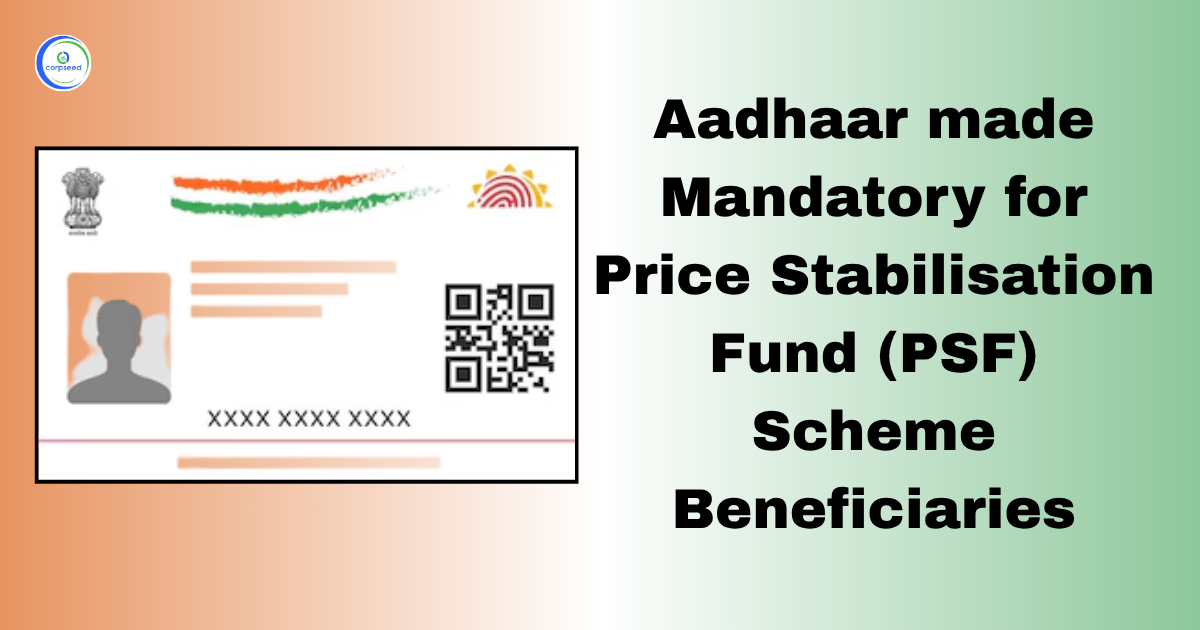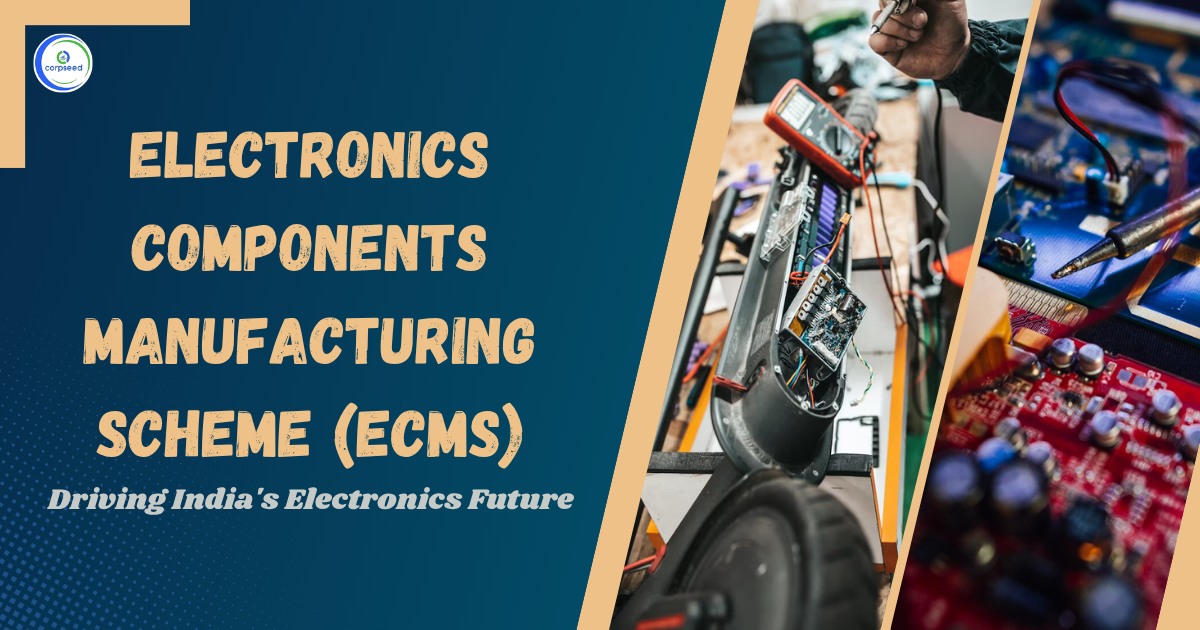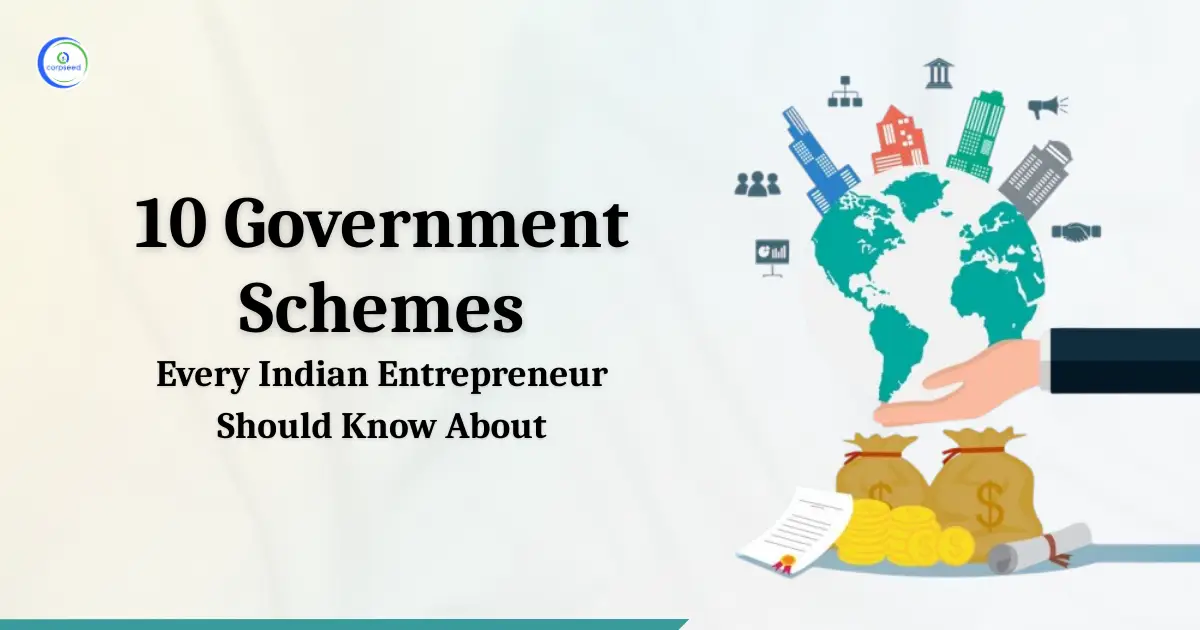Introduction: Loan with Government Subsidy for a Business
The small-scale company sector, also known as the Small and Medium Enterprises (SME) sector, is responsible for around 40% of India's overall Gross Domestic Product (GDP). This industry is important for employment in India, although it confronts tough competition from privately funded firms. Recognizing this, the Government of India has proposed a number of credit packages to help finance the small-scale company sector. SMEs can use these loans to support their day-to-day operations, develop their firm, acquire new equipment, and so on.
Subsidy
The word subsidy refers to financial aid provided by the central government in the form of discounts or monetary grants to public or private businesses. The goal is to make the items produced by these organizations affordable to the general people. The transfer of funds to public/private entities stimulates them to sell their goods at a lesser price. Subsidized items are important for the greater public benefit and contribute to the well-being of the community.
Subsidies are supplied by both the Central and State governments and are classified as 'unplanned' spending. Subsidies are given to people in the form of low-cost food, tax breaks, cash payments, and so on.
Advantages of the Subsidy
The government initiates subsidy programs for a variety of goals; some of the advantages include:
- Reduce the prices of key items while also providing important commodities to a wide portion of the population at reasonable rates.
- Subsidies to industries are intended to halt the deterioration of the industrial sector caused by a variety of circumstances. It is an indirect means of boosting employment and manufacturing in the country.
- In addition to supplying trained labor to industry, subsidized education provides long-term advantages for the country and society.
- Subsidies such as MNREGA aid in the battle against unemployment and poverty in the country.
A subsidy is a sort of incentive provided by the government to people or enterprises in order to make them more competitive or to live a more dignified life. It is supplied in the form of grants, cash, tax credits, and so on, and it has several societal advantages.
Implementation of a Subsidy
There are several methods through which the government delivers a subsidy to the people, depending on the receiver and the sector; some of these methods include:
Subvention in Cash
The cash subsidy is a direct money transfer from the government to the designated recipient's account or the enterprise. Farm exports and LPG subsidies are two types of cash subsidies.
Reduction in Taxes
Another sort of subsidy is tax breaks offered to the targeted industry. Individual or corporate tax responsibilities are decreased as a result of tax incentives.
Subvention of Interest
Reduced interest rates or interest payment waivers are another type of subsidy provided by the government to the targeted sector in order to facilitate growth or to assist the sector in difficult times.
Government Loan Schemes for Small Scale Businesses
SIDBI Make in India Loan for Enterprises (SMILE)
Features:
- The initiative is intended to promote innovation, ease investment, protect intellectual property, improve skill development, and provide the finest infrastructure for MSMEs.
- Loans will be made available under the plan in the form of soft loans and term loans.
- MSMEs in 25 designated industries will receive financial assistance at competitive interest rates as part of the government of India's 'Make in India' initiative.
- New businesses in the services and manufacturing sectors would be prioritized, with a focus on smaller businesses within the MSME sector.
- Interest rates that are competitive
- The repayment period will be extended.
- The loan money will be sent to your bank account as soon as possible.
Pradhan Mantri Mudra Yojana (PMMY) (PMMY)
Features:
- The program would provide loans to businesses that create jobs and produce revenue in the service, manufacturing, retail, and agriculture sectors.
- To obtain the Mudra loan, no collateral or security is required.
- Under Mudra, three sorts of loans are available for different phases of the business, namely Shishu, Kishor, and Tarun.
- Public sector banks, private sector banks, cooperative banks, Regional Rural Banks (RRBs), foreign banks, Non-Banking Financial Companies (NBFCs), and Micro Finance Institutions will make loans under the Mudra Yojana (MFIs).
Credit Guarantee Program for Micro and Small Businesses (CGSMSE)
Features:
- The plan was created with the intention of providing collateral-free loans to the micro and small business sectors.
- Working capital facilities and term loans are also eligible for coverage under the plan.
- Guarantee insurance is available under the plan up to 85 percent of the credit facility's sanctioned amount.
- Guarantee cover of up to 80% would be granted for microenterprises requesting a loan of up to Rs.5 lakh, MSEs owned and controlled by women, and loans in the North-Eastern area.
Scheme to Facilitate Bank Credit
Features:
- The National Small Industries Corporation (NSIC) facilitates the loans under this plan by signing a Memorandum of Understanding (MoU) with banks to supply loans to satisfy the credit requirements of SME units.
- The assistance is provided by giving MSME units the option of choosing between private and public sector banks.
- There are two types of loans available: working capital and term loans.
- Through this plan, the NSIC will also assist SME units in obtaining loans at reasonable rates, assisting with the paperwork process, and providing other loan-related services.
Stand-Up India Scheme Highlights
Features:
- Designed specifically to satisfy the funding needs of Scheduled Caste (SC)/Scheduled Tribe (ST)/women entrepreneurs establishing a greenfield firm.
- The company should be in the manufacturing, trading, or service industries.
- The loan will be of a composite character, which means it will include both working capital and a term loan.
- If a non-individual firm is to be established, the majority interest (51 percent) shall be owned by an SC, ST, or women entrepreneur.
In 59 minutes, you may get an MSME loan
Features:
- You may apply for a loan of up to Rs5 crore, with the money paid into your account in less than 60 minutes.
- Minimum documentation is necessary. You simply need to provide scanned versions of the needed papers to apply for the loan online.
- This lending plan allows you to obtain a loan ranging from Rs.1 lakh to Rs.5 crore. Because you have the choice of obtaining this loan from any of the lenders, the interest rate charged may fluctuate. The interest rate, on the other hand, begins at 8.5 percent.
Documents Required
- PAN Card
- Address Proof
- Bank Statements
- Photographs: Passport-size photograph of applicant/co-applicants
- KYC Documents: Business entity proof, partnership deed, incorporation certificate, shops, and establishment certificate, Articles of Association (AOA)
This portion of the site is for informational purposes only. The content is not legal advice. The statements and opinions are the expression of author, not corpseed, and have not been evaluated by corpseed for accuracy, completeness, or changes in the law.
BOOK A FREE CONSULTATION
Get help from an experienced legal adviser. Schedule your consultation at a time that works for you and it's absolutely FREE.




_for_Compressed_Biogas_(CBG)_Corpseed.webp)




